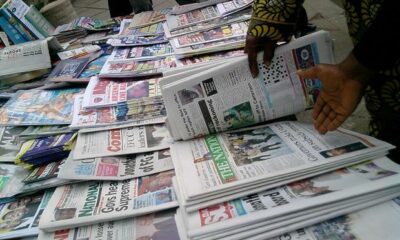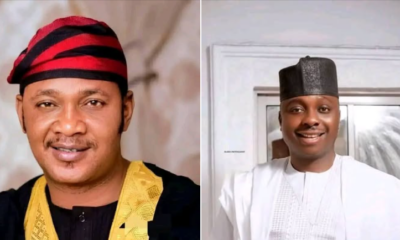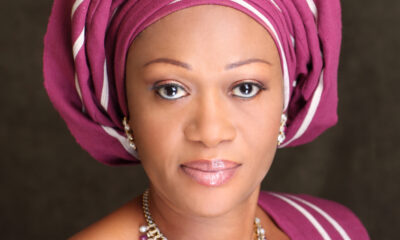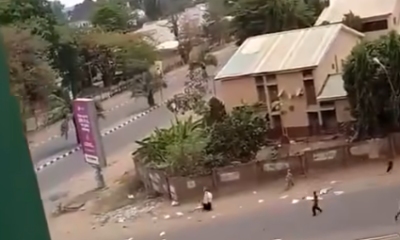Latest News
Why Buhari administration deem Social Media as threat to Nigeria
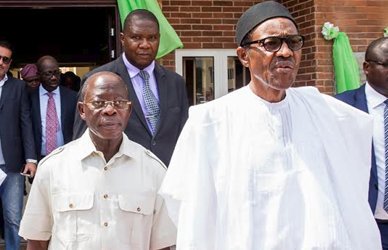
The Federal Government says it is working on how to inject sanity into the social media space “which today is totally out of control.”
This is as President Muhammadu Buhari has approved a set of recommendations, which Federal Government believes will curb what is considered hate speech and fake news on Nigerian broadcast airwaves.
At a press briefing in Abuja, on Tuesday, Minister of Information and Culture, Alhaji Lai Mohamed said since the government launched the broadcast industry reforms, some Nigerians have demanded “that we also look into how to sanitize the social media space.
“We are working on how to inject sanity into the social media space which today is totally out of control.
“As a matter of fact, no responsible government would sit back and allow the kind of things that are going on, on our social media to continue.”
Mohammed said in the last couple of years, “we’ve preached self-restraint, we’ve preached that if they did not self-regulate, they will self-destruct but I think it’s going to a level that the government may not be able to just fold its arms and see the country being engulfed in a war of attrition based on fake news and based on hate speech.
“We will not be the first country in the world to check the recklessness of social media. The UK is doing so. Singapore has done so. Honestly, social media as it is today constitutes a real and imminent danger to this country.
“We have inaugurated an information committee to sanitize the airwaves but if the feelers coming out is anything to go by, I think many Nigerians are also very disturbed about the menace of fake news and hate speech on social media.
“As a matter of fact, what goes to social media is so ridiculous that we are also looking into how to ensure that we inject some form of sanity into it.
“We are going to study other countries that have contained this because we simply can’t sit down here and allow somebody who simply has access to telephone and airtime to broadcast there is a war in Nigeria when there is no war.”
The Minister also said the government has also decided to remove every form of monopoly in the broadcast industry.
“Yes, on paper, the broadcasting industry has been liberalized since 1992, but the truth of the matter is that the content has not been completely liberalized.
“We still have content monopoly and I think it is unhelpful both for productivity, for growth and even the employment of our youth if we continue to allow certain groups because they have the financial muscle to hold the chunk of content.


